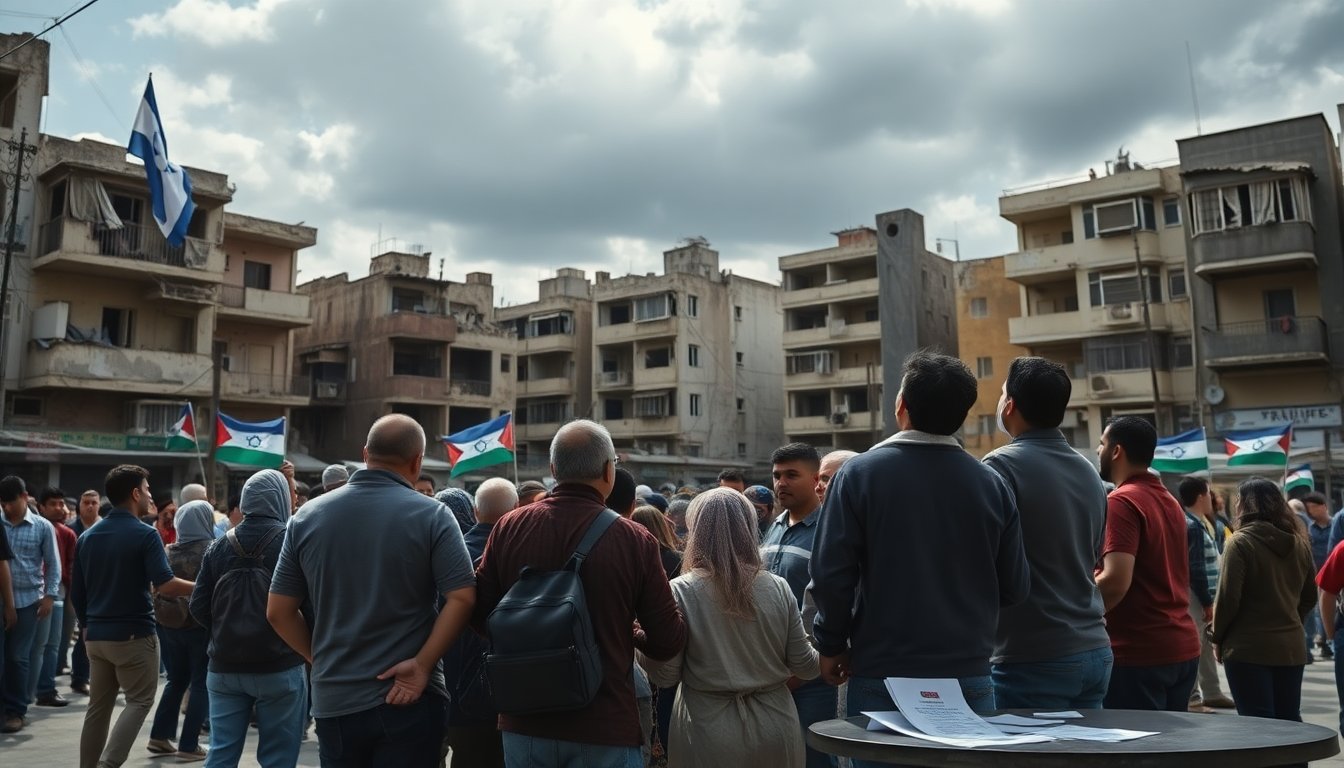Table of Contents
In a significant development amidst the ongoing conflict, the militant group Hamas has announced its intention to release 20 Israeli hostages. This decision comes as both parties engage in negotiations, with the potential for the captives’ release occurring as early as Sunday. However, sources indicate that the exact timing of this event may be subject to change.
The release of hostages represents a critical moment in the complex dynamics of the Israeli-Palestinian conflict. With the international community closely monitoring the situation, the implications of such a transfer could be profound, possibly influencing future diplomatic efforts and public sentiment on both sides.
The backdrop of negotiations
The ongoing dialogues between Hamas and Israeli officials have been marked by both tension and cautious optimism. Following a series of escalations in violence, the prospect of hostages being returned has emerged as a pivotal bargaining chip. The potential release could serve to alleviate some of the humanitarian concerns that have arisen from the conflict.
Historical context of hostage situations
Hostage situations have a long and tumultuous history in the region, often leading to complex negotiations and unforeseen consequences. Over the years, both Hamas and the Israeli government have utilized hostages as leverage in negotiations, making the release of captives a deeply significant act. The mere announcement of such a transfer can generate waves of hope and apprehension among families of the hostages, who are left waiting for news.
In this case, the planned release of 20 hostages could be seen as a gesture of goodwill from Hamas, potentially aimed at improving its image domestically and internationally. Conversely, for Israel, accepting the hostages’ return is often fraught with political implications, especially in relation to public sentiment regarding security and negotiations with militant groups.
Challenges ahead
Despite the hopeful signs, several challenges remain in the path toward the actual release of the hostages. Negotiations can quickly become complicated by external factors, including international pressure and the internal dynamics within both Hamas and the Israeli government. The timing of the release, as mentioned, may shift as both sides navigate these complexities.
Expectations from the international community
The role of the international community cannot be overstated in this context. Various nations and organizations are closely watching the developments, advocating for the safe return of hostages while also calling for a de-escalation of violence. Diplomatic channels remain open, with many hoping that this potential release could pave the way for more constructive dialogues in the future.
As the situation unfolds, the global focus will likely remain on how both Hamas and Israel respond not only to the immediate needs of the hostages’ families but also to the broader implications of their actions. The world watches, holding its breath for a resolution that could lead to a more stable environment in the region.
The announcement from Hamas about the potential release of 20 Israeli hostages signifies a critical juncture in the ongoing conflict. While there are positive signs hinting at possible cooperation, the reality of the situation remains fraught with uncertainties. The next few days will be crucial as both sides work towards a resolution that could impact not just the hostages but the overall landscape of Israeli-Palestinian relations.


